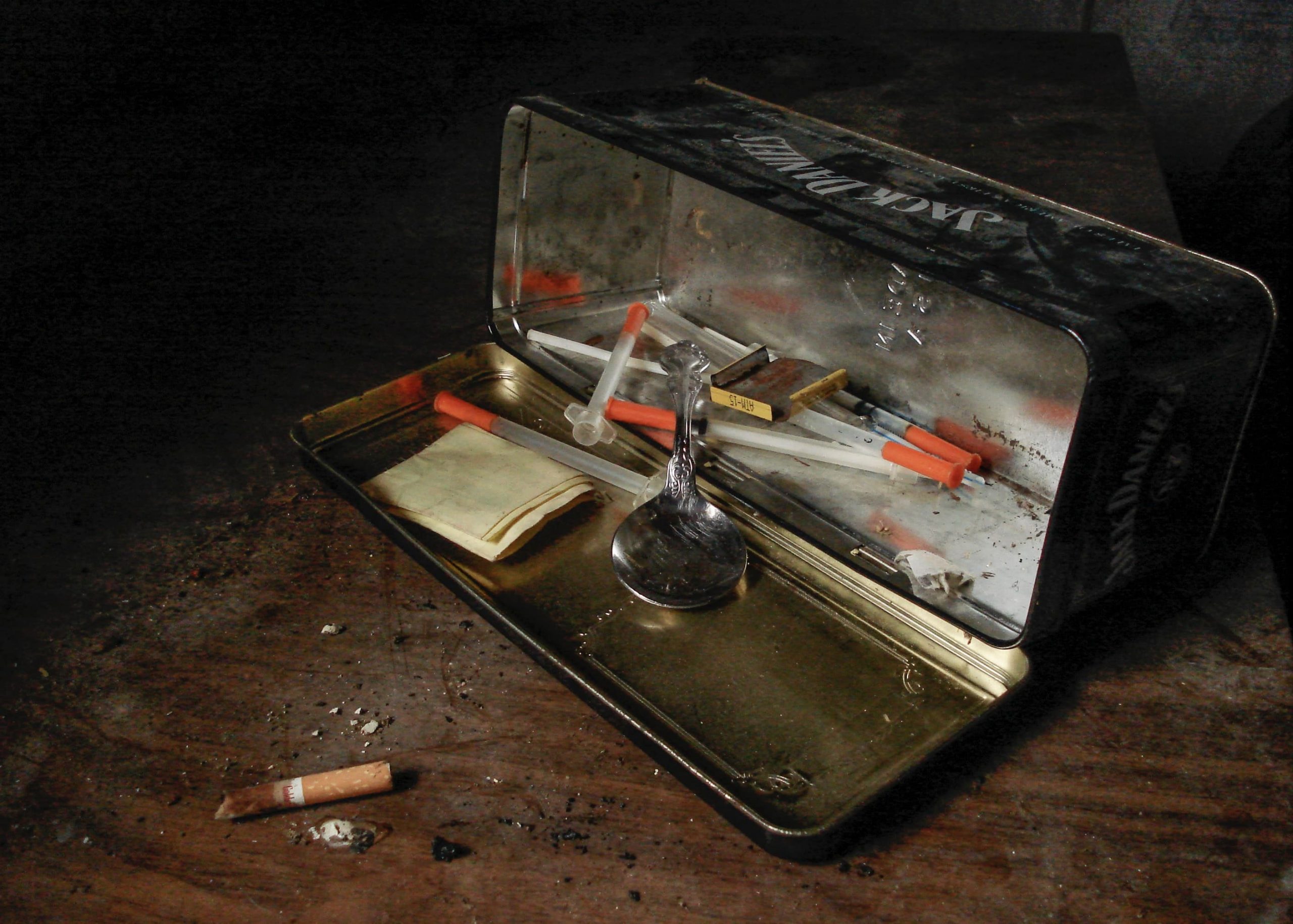Therapeutic boarding schools can be an option for teens who are struggling with a serious disorder like ADHD, anxiety, depression, oppositional defiant disorder, eating disorders, etc. During your teen’s time at one of these schools, he will likely have participated in practices that helped him cope and make changes for the better. Here are practices you can review at home after your teen has readjusted to life outside their boarding school.
Wilderness Therapy
Many therapeutic boarding schools offer nature or wilderness therapy as part of their treatment program. This helps get teens outside and experiencing the world around them as opposed to doing all their growing and changing within the walls of the facility. You can help your teen make their transition back into their day-to-day life by continuing this practice.
Many families take camping trips together, or you can merely take a day hike with your teen. This type of activity will remind them of what they learned in their boarding school and allow them to continue using these practices while at home.
Mindfulness
Another common practice of therapeutic boarding schools is to teach mindfulness or the practice of being aware and present in the moment. This can be a very difficult practice, especially for a teen who suffers from ADHD or oppositional defiance disorder, but that is exactly why mindfulness is used so often in these programs.
Mindfulness helps those who have trouble letting go of their worries and anxieties find an inner calmness and focus on the moment. Thoughts may come and go during this time, but those practicing mindfulness are urged to acknowledge them, accept them, and then move on. This practice is something you can do at home with your teen, either by meditating or doing an exercise like yoga.
Emotional Regulations
Your teen will have learned how to better regulate their emotions while at their therapeutic boarding school, and reviewing this practice can be helpful after their program ends. Emotional regulation is all about managing, changing, and manipulating one’s own emotions rather than getting caught up in them or only focusing on the emotions of others. You can gently remind your teen of this practice when they start to become upset or emotional and ask them what coping skills they have learned. You can even use these skills together to make sure you both are able to control your emotions.











0 Comments